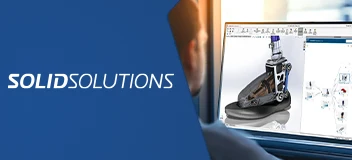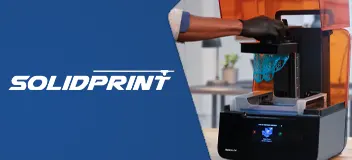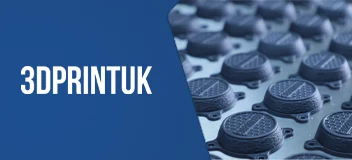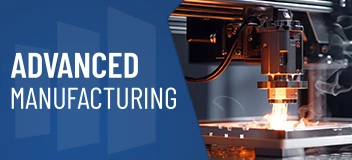The Role of AI in Mechanical Design
The rise of AI in mechanical design is something that all mechanical engineers should take note of. It’s no secret that artificial intelligence (AI) is rapidly gaining a foothold in today’s society. From mastering complex games like chess, self-driving cars, and the answers to almost any questions you have, AI has proved itself as a highly efficient and effective tool in many different areas.
In some cases, AI has even proved itself able to operate at higher levels than humans. How much longer are we going to need lawyers or baseball umpires if a machine can be right 100% of the time, at a fraction of the speed?
AI is increasingly finding its way into more and more industries, one of these being mechanical design. Being a field traditionally reliant on human expertise and intuition, can AI really handle the intricacies and creativity required for mechanical design? Let’s explore AI in mechanical design.
The Rise of AI in Mechanical Design
Mechanical design involves the conception, modeling, and refinement of mechanical systems and components. Historically, this has been dominated by human engineers/designers who bring years of experience and knowledge to the table. These engineers learn how to use many different types of software in depth, such as SOLIDWORKS, AutoCAD, CATIA, etc.
AI systems within these types of software have been able to automate a lot of the process already. For example, a tedious complex 3D model that may take hours or days to complete can be created in minutes with AI. Say you wanted to test multiple different shapes and sizes of a race car, and which would be the fastest? What might take weeks of planning, designing, and calculating can now be completed relatively instantaneously with AI tools. It’s clear that AI has many benefits for the mechanical design field, but to just what extent can it do the job?
Limitations and Challenges
While AI shows great promise in mechanical design, it won’t replacing engineers any time soon. AI can generate amazing designs based on input from a human, but the true creativity within the designs still requires human intuition and insight. You could ask AI to design multiple models of cars, but you could not ask it to optimize aesthetics, manufacturability, and cost all at the same time. There is still a large portion of mechanical design that will need the human expertise on it.
Looking ahead, a collaboration between AI and mechanical designers appears to be the most likely path.
AI can assist in automating routine tasks, while human designers provide creative direction, critical thinking, and domain expertise. Moreover, AI’s ability to learn from data and improve over time suggests that its role in mechanical design will only grow. As algorithms become more sophisticated and computing power continues to increase, AI may eventually play a pivotal role in transforming how mechanical systems are conceptualized and realized.
Conclusion
In conclusion, while AI is already a very useful tool in mechanical design, it is nowhere near the equivalent of the human ingenuity and expertise that engineers bring to the table. The future of mechanical design lies in the synergy between AI’s computational prowess and human creativity, and by utilizing the strengths of both, we can unlock new possibilities and innovations that benefit both industries and society as a whole.
TriMech’s Project Engineering Group prides ourselves on our 100 years of combined experience. Our team’s deep expertise and understanding of mechanical design cannot be replaced by AI, but we recognize the power of top-of-the-line software and integrate AI where it makes sense. Our goal is to leverage the best of both worlds—human insight and AI efficiency—to deliver exceptional results for our clients.
Ready to take your project to the next level? Contact us today to learn how we can bring your vision to life with cutting-edge technology and unparalleled expertise.
Have a Product Idea?
Discover our product development services tailored to startups, small manufacturers, and inventors.
Design Newsletter
Get the latest news curated for designers, makers and inventors.
Product Design Experts related to this content:
Discover our team of designers, engineers, project managers, and problem-solvers.
Michael Panganiban, Mechanical Engineer
Michael Panganiban is a Licensed Professional Engineer in Ontario and has over a decade multi-industry experience in leadership, process design, and maintenance.
More from our Blog
Innovation in Food – Powdered Fruits and Vegetables
Love seeing todays newest innovations? Check out this interesting food innovation that is reinventing food – Powdered fruits and vegetables!
The Best Inventions for the Summer Season
The summer season is soon to arrive which means that sunny, blistering hot days, and the call for vacationing is amongst us. To help prepare…
Benefits of an Engineering Services Partnership
In this article we examine the Engineering Services Partnership experience and discuss what we feel are the top five benefits for members of the entrepreneur...
Need help with your Product Idea?
Tell us about your invention or product design idea and get the help you need design, build and bring it to market

















